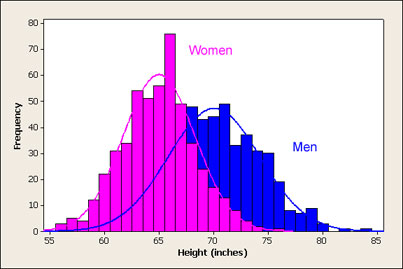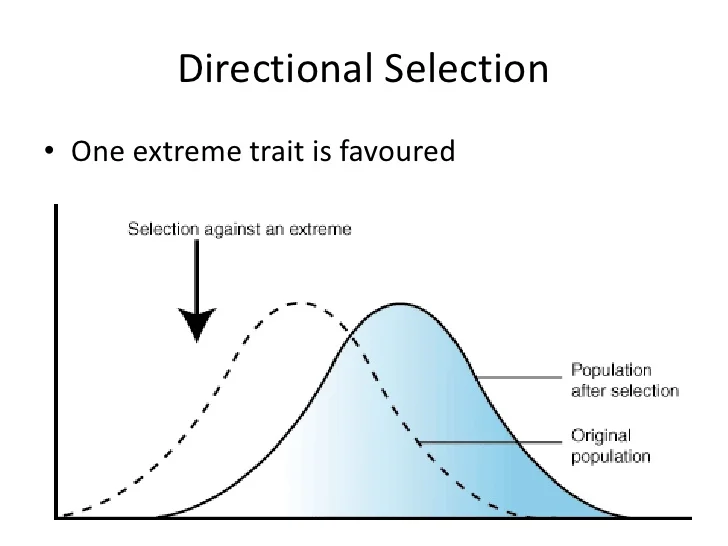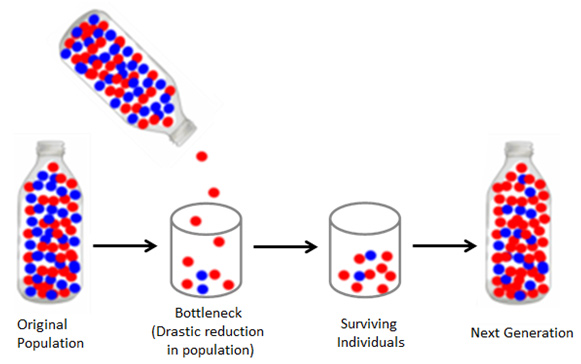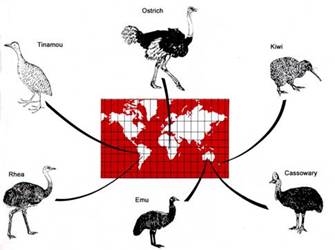Natural Selection in Populations
CPQ: Why is genetic variation important for the survival of a species?Can a species survive with only 1 male and 1 female?
Zoo MatchMaker
Exit Ticket: The "Magic Number"
Normal Distribution
Normally when you look at the crowd you can separate people according to height and you put very short people in one side, average height in the middle, and you put very tall people in the other side. You quickly come to the conclusion that there are more average height people than the rest.
Directional Selection
If nature selects a certain trait to move on then this normal distribution will change towards the direction of the selection.
Stabilizing Selection
When the average phenotype/genotype is favored in a population you also see a change in the overall population.
Disruptive Selection
When the extreme sides of the phenotype/genotype of a population are favored then change to a population is seen as follows....
Mechanisms of Evolution (how groups might evolve)
Speciation: When a new species are created as a result of evolution.
Genetic Drift: A change in the gene pool due to chance.
Genetic Flow: When genes from a new population are introduced to an existing population and mating occurs.
Founder Effect: When a small group of individuals breaks away and starts a new population.
Reproductive Isolation: some populations are physically unable to mate or produce a fertile offspring.
Other times different barriers block these species from mating...
Behavioral Isolation: isolation caused by different courtships or mating rituals.
Temporal isolation: isolation due to species not interacting each other because they are active in different seasonal times.















No comments:
Post a Comment